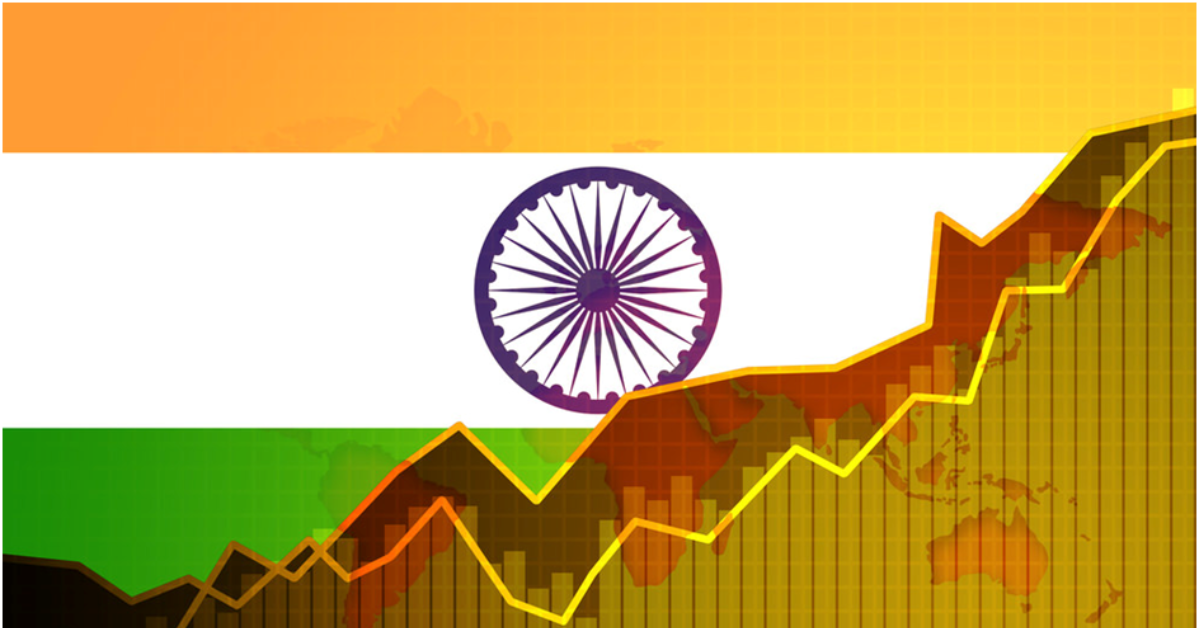"There are two sides to every coin" is an analogy that can be applied to almost every area of life. One scenario where this is certainly true is the taxes applied to money earned through gambling.
India, for example, has a vast gambling landscape with constantly evolving laws. However, as with most countries that allow gambling, there are two sides to how taxation is applied. The first is what players who win must pay. The second is what the operators who facilitate gambling are required to pay. Let’s delve into these two tax areas.
Personal Tax on Winnings
Few things can rival the excitement of winning a large windfall after placing a bet. Knowing that you’ve beaten seemingly insurmountable odds and came out victorious is something few players can boast of.
However, the reality for Indian players is that their joy over winning can quickly diminish when they realize how much tax they must pay on their winnings.

In the country, many forms of gambling are perfectly legal—including online gambling, which is still outlawed in certain countries internationally. The government certainly benefits from wagers, as it receives a regular income on the money that players win.
Facing one of the world’s highest tax rates, Indian players who strike it lucky are required to pay 30% of their winnings to the government. Under section 115BB of the Income Tax Act, any winnings earned from gambling are seen as a form of income.
This taxation is true for any win over ₹100 (around $1.20). The tax due on winnings is calculated on the net win amount and is deducted by the operator through which the player won.
To show how extensive this tax is, on a win of approximately one crore (symbolizing ten million Indian rupees or around $120,200), the government takes almost 0.3 crore (three million INR or approximately $36,000) in tax.
This extensive amount is used for the betterment of society, as the government invests most of it in social programs. However, for the winners who must hand over a substantial amount of their winnings, this loss can be devastating—especially when they are still feeling the high from the win.
Tax for Operators
Things aren’t much better regarding the tax due by operators who provide services to gamblers. In fact, in July 2023, the Indian government decided to increase the tax rate that operators are liable to pay.
Set by the Indian Goods and Council Tax Council, a new tax rate of 28% is now due on all forms of gambling, including that which occurs in land-based casinos and online casinos and on horse races. While sports betting is only legal in some parts of the country and most frequently done through a legitimate source for Cricket Betting, this law applies to it too.
The news of this new tax rate has been widely criticized—not because of the rate itself, but because it will be applied to the full face value of any wager made rather than the operators’ gross gambling revenue (GGR).
The GGR refers to the amount of money left after winnings have been paid out. For example, if an operator receives 599 crore ($71.9 million) in income from gambling but pays out 245 crore ($29.4 million), the GGR would stand at 354 crore ($58.8 million).
Previously, taxes were paid on the GGR. This meant that operators would only pay tax on what was (theoretically) their profits. Under the new laws, however, all tax is due on the actual amount that gamblers bet.
As an example, on a single bet of 100 INR, operators lose 28 INR right off the bat to government tax. In 2022, online gambling revenue reached 13,500 crore ($1.71 billion). With the new laws, operators will pay 3,780 crore ($480 million) in tax alone.
While this tax increase will affect operators, players will undoubtedly feel the repercussions too. Faced with making up the losses on these taxes, many casinos will likely up their minimum wagers, meaning players will need to fork out more cash to enjoy their favorite pastime - and then pay the 30% tax on winnings if they are fortunate enough to win.
Conclusion
The tax landscape in India is a generally straightforward terrain to navigate for gamblers and operators alike. However, its simplicity doesn’t negate its effect on take-home winnings or profits.
While countries like France charge up to 83.5% tax on the GGR made by casinos, the fact that India now applies tax to the full face value of bets is a massive blow for those working in the sector. Whether this will work to slow the industry’s growth in the country remains to be seen.
All that is certain is that anyone wishing to gamble in the country or provide gambling services should expect to be heavily taxed. And while most of this money will likely be used to benefit society, that is still a bitter pill to swallow.








 CAclubindia
CAclubindia
